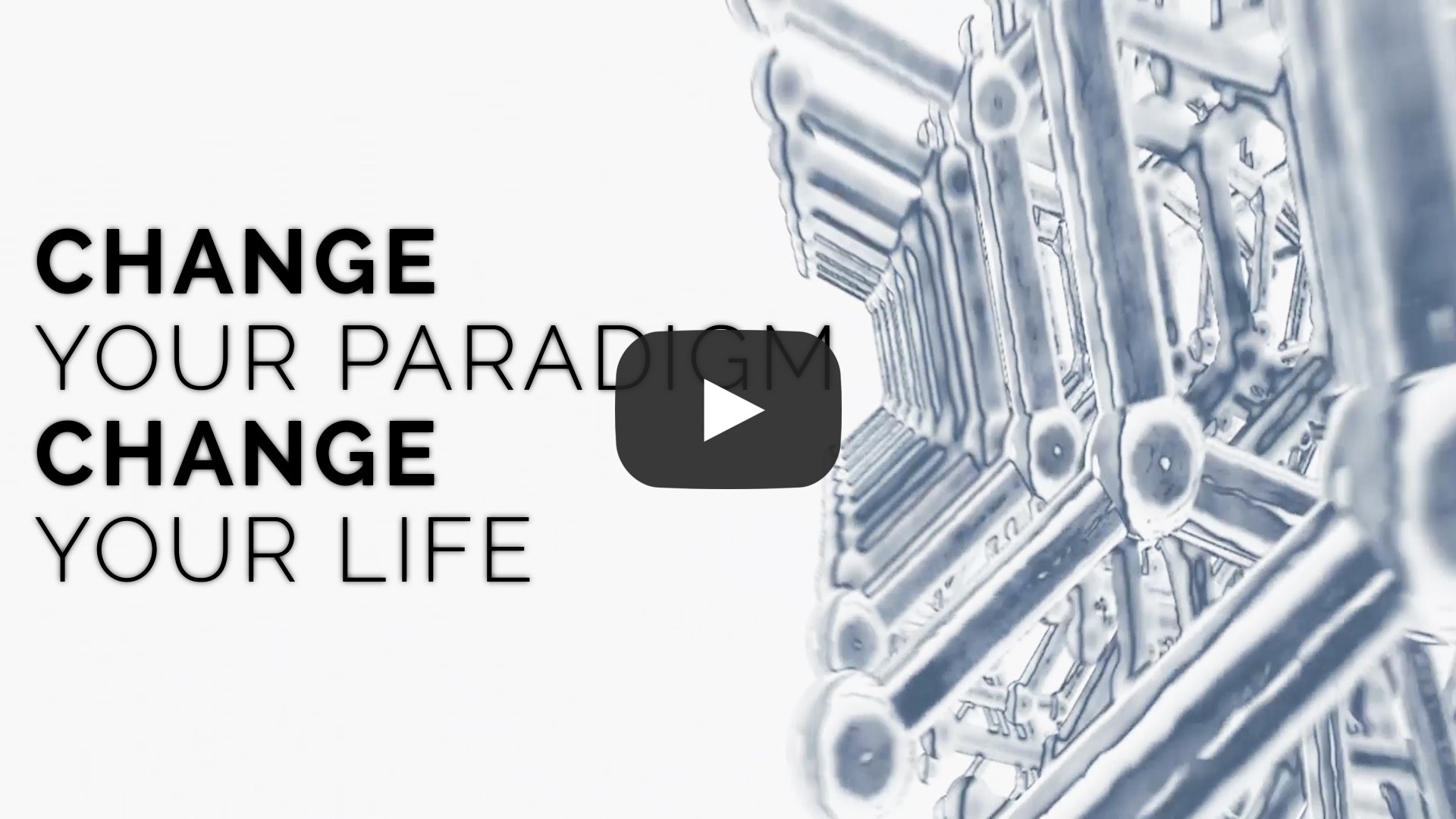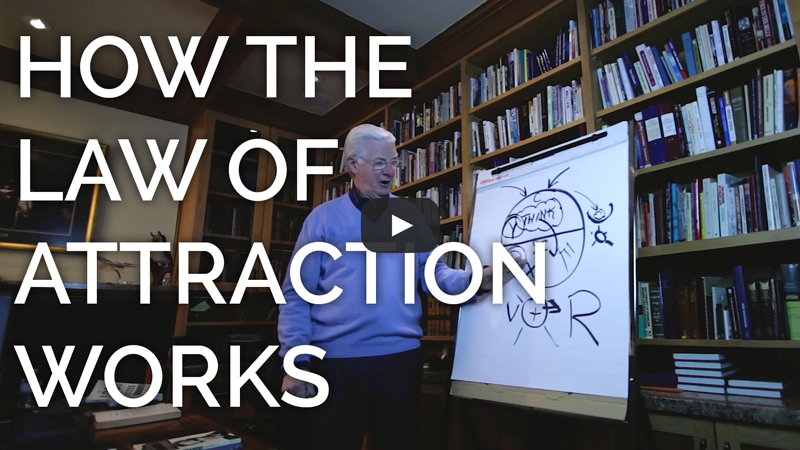
Does attitude really mean that much? Can you really change the way you experience the world by changing your perspective? Consider this story:
When Ron gave his seven-year-old son Nick a ball and bat, Nick wanted to play immediately. Ron said, “Son, baseball is a serious game. You have to practice hard before you can play it.” The boy went outside and began throwing the ball in the air and swinging at it over and over. After an hour he said, “Dad, can we play now?”
Ron said, “Show me what you can do.”
Nick threw the ball in the air, took a mighty swing and missed. “Strike one,” he said enthusiastically. Nick tossed the ball again and missed again. “Strike two,” he yelled.
Ron tried to hide his concern when he said, “Concentrate, son. Remember, three strikes and you’re out.” The boy threw the ball again and swung so hard he fell to the ground after hitting nothing but air. Ron winced, but Nick had a triumphant grin.
“You struck out. Why are you happy?”
“Cause I’m really good at pitching.”
You have to love Nick’s attitude. He may not turn out to be a great hitter, but he’s likely to lead a happy life. What’s more, he’ll probably bring warmth and cheer into the lives of others because an attitude like his is contagious.
Pessimists think people like Nick delude themselves by looking at the world through rose-colored glasses. Yet Nick’s world is just as he sees it. His decision to view himself as a successful pitcher instead of a bad hitter will not only make him happier, it will contribute to his success.
It’s not easy, but if we develop the wisdom to treat frustrations and failures as empowering experiences and generate the strength to let go of self-destructive resentments and grudges, our lives will be filled with a lot more sunshine.
Michael Josephson
www.whatwillmatter.com







